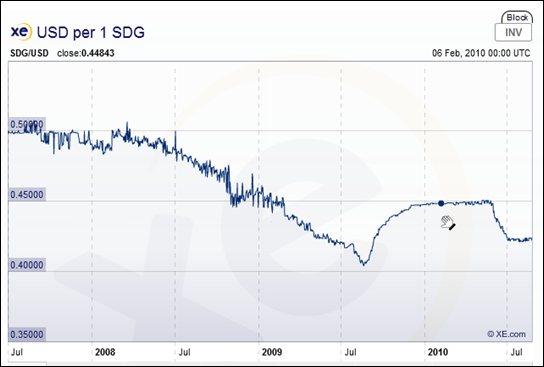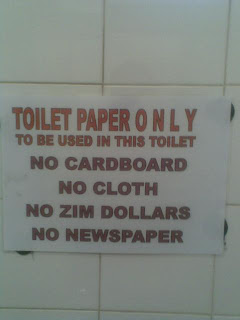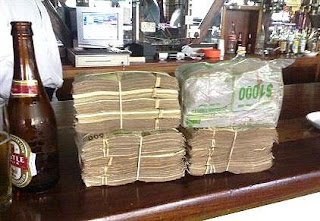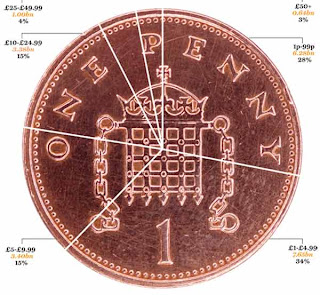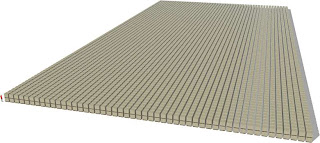Courtney Martin has an interesting post at the Development Set about the “reductive seduction” of other people’s problems. Problems we know something about (gun control in America as her example for the Americans) seem complex, political, and intractable, whereas problems we know less about (rural hunger or girl’s secondary education or homophobia in Uganda) seem more straightforward.
Which reminds me a little of the difference between statements from leaders on education in their own country and in other people’s countries.
Here’s Julia Gillard on education in Australia:
"We need a commitment to transparency and accountability. It's my strong view that lack of transparency both hides failure and helps us ignore it. It feeds a culture where all the adults involved - the teachers, the principals, the community leaders and the members of parliament - avoid accountability. And lack of transparency prevents us from identifying where greater effort and investment are needed. Importantly, transparency and accountability are overwhelmingly supported by parents."
And Julia Gillard on education in developing countries:
"More money.
Constantly improving ways of working.
An even greater embrace of the power of partnership."
Gordon Brown on education in the UK
"we will focus on classroom standards, ensure that we monitor exam standards rigorously, reform the qualifications system … World class education, we know, achieves high standards for 100% of the children when there are systems of accountability, funding and pupil tracking that leave no child behind and personalised learning is tailored to the unique potential of every child with one-to-one tutoring and support. That world class education depends on a systematic intolerance of failure and a preparedness of public authorities to intervene and to innovate to eradicate failure"
And Gordon Brown on education in developing countries
"The biggest obstacle to what would be a spectacular achievement - as is so often the case - is a shortage of money."
